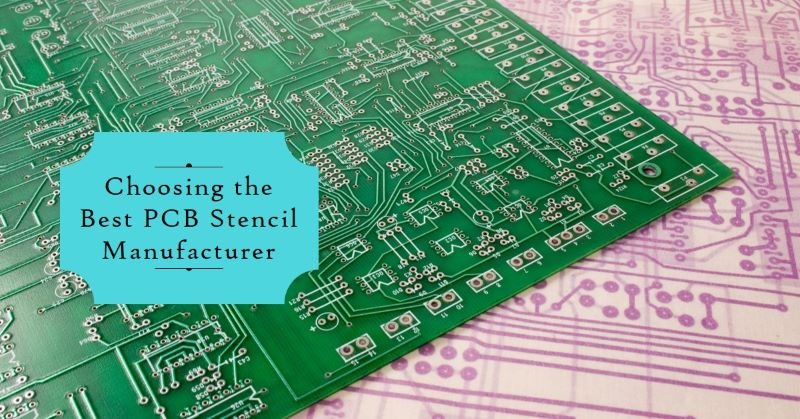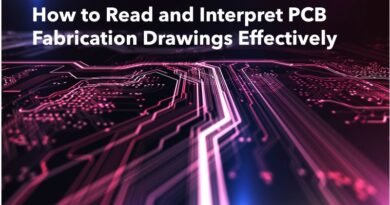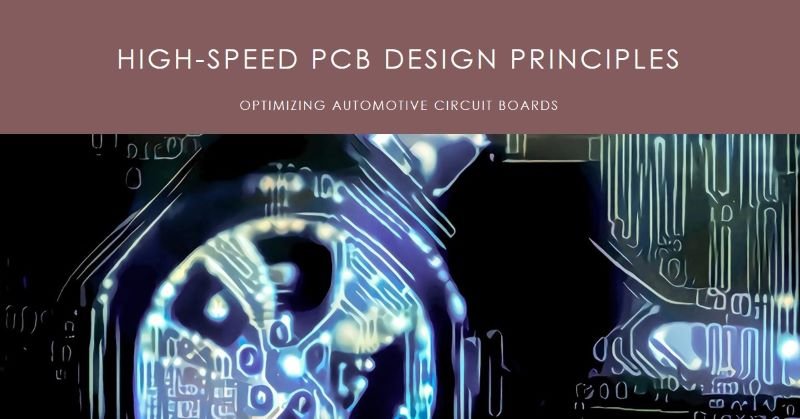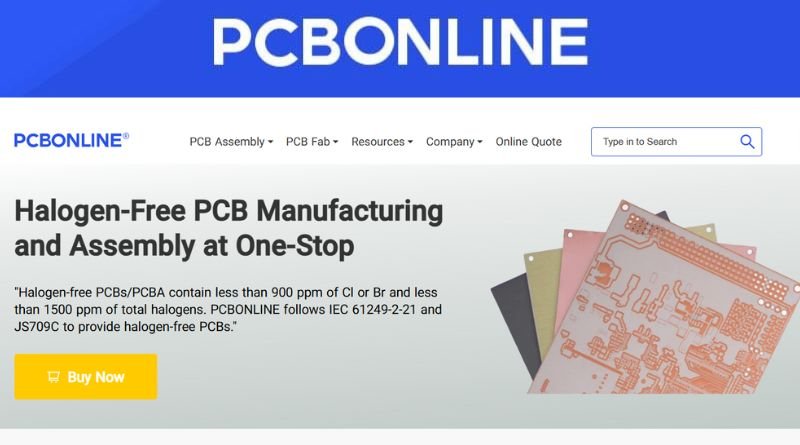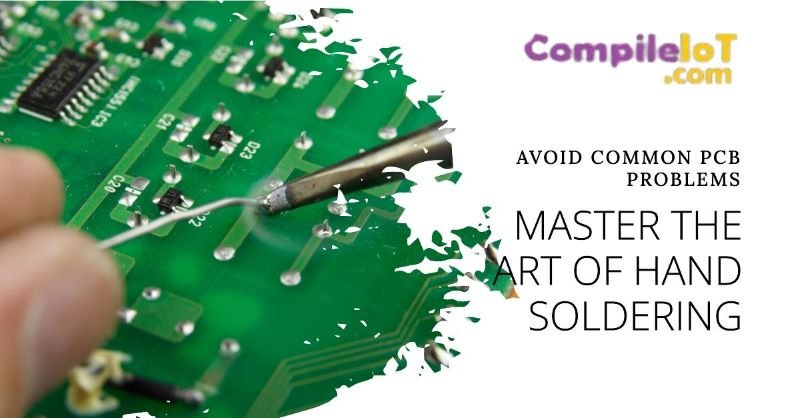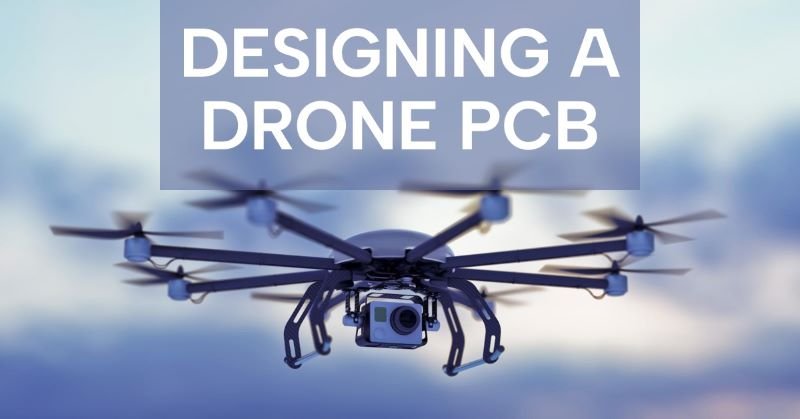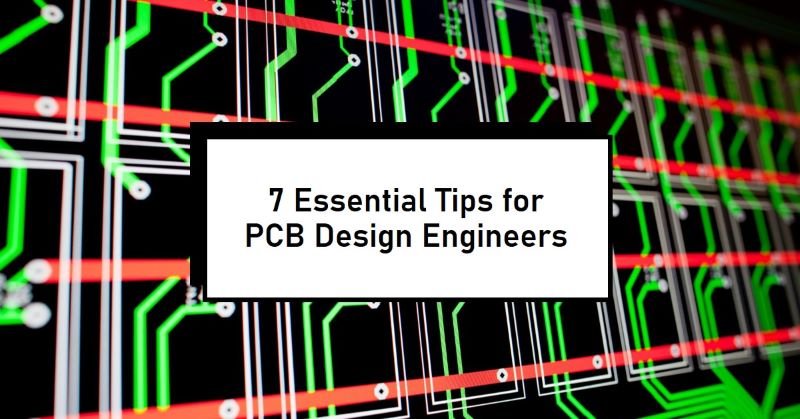A Guide to Choosing the Best Non-Framework PCB Stencil Manufacturer
PCB stencils are essential tools in the printed circuit board (PCB) manufacturing process. They are thin sheets, usually made from metal or polyester, with openings that precisely match the layout of a PCB. These stencils are used to apply solder paste accurately onto the PCB’s surface, ensuring that components are correctly placed during assembly. The use of stencils allows for consistent and repeatable application of solder paste, which is crucial for maintaining the integrity and functionality of the final product.
Importance of Non-Framework Stencils
Non-framework stencils have become increasingly popular in the electronics manufacturing industry due to their flexibility and cost-effectiveness. Unlike traditional framework stencils, which are mounted on a rigid frame, non-framework stencils are frameless, making them easier to handle and store. Their flexibility allows for easier alignment with the PCB, reducing the chances of errors during the solder paste application process. Additionally, non-framework stencils are more affordable, making them an ideal choice for small to medium-sized production runs or prototype development. Their lightweight design also makes them easier to ship, further reducing costs.
What are Non-Framework PCB Stencils?
Non-framework PCB stencils are frameless, flexible sheets used in the application of solder paste during PCB assembly. They are typically made from stainless steel or polyester and are laser-cut to match the exact pattern of the PCB layout. The absence of a rigid frame makes these stencils more adaptable to various PCB sizes and designs. They are also easier to store, as they can be rolled or laid flat without the need for large storage space. Non-framework stencils are designed to be used with manual or semi-automatic stencil printers, providing versatility in different production environments.
Advantages of Non-Framework Stencils
Non-framework stencils offer several advantages over their framed counterparts. Their flexibility allows for easier alignment with the PCB, which can lead to more accurate solder paste application. This reduces the risk of misalignment and defects in the final product. Non-framework stencils are also more cost-effective, both in terms of initial purchase and shipping costs, making them an attractive option for smaller production runs. Additionally, their lightweight and frameless design makes them easier to handle, transport, and store, contributing to overall efficiency in the manufacturing process.
Key Factors to Consider When Choosing a Non-Framework Stencil Manufacturer
Quality and Precision:
When selecting a non-framework stencil manufacturer, the quality and precision of the stencils are paramount. High-quality stencils are essential for achieving accurate solder paste application, which directly impacts the reliability and performance of the final PCB. Precision in the manufacturing process, especially in the laser-cutting of the stencil apertures, ensures that the solder paste is applied exactly where needed, preventing issues such as solder bridging or insufficient solder. It’s crucial to choose a manufacturer that uses advanced technology and rigorous quality control measures to produce stencils that meet the highest standards.
Customization Options:
Every PCB design is unique, and the stencil used must be tailored to match the specific layout of the board. Therefore, it is important to choose a manufacturer that offers customization options to accommodate different PCB designs. This includes the ability to create stencils with varying aperture sizes, shapes, and placements, as well as the use of different materials based on the specific requirements of the project. A good manufacturer should be able to provide customized stencils that meet the exact specifications of the customer, ensuring optimal performance during the assembly process.
Turnaround Time:
In the fast-paced world of electronics manufacturing, turnaround time is a critical factor. Delays in receiving stencils can halt production, leading to missed deadlines and increased costs. When selecting a non-framework stencil manufacturer, it’s important to consider their ability to deliver high-quality stencils within a reasonable timeframe. Manufacturers with efficient production processes and reliable logistics can provide faster turnaround times, helping to keep projects on schedule.
Cost-Effectiveness:
Cost is always a consideration in manufacturing, and choosing a cost-effective stencil manufacturer can make a significant difference in the overall project budget. It’s important to find a manufacturer that offers competitive pricing without compromising on quality. Additionally, manufacturers that offer bulk order discounts or other cost-saving options can provide even greater value. However, it’s essential to balance cost with quality, as choosing a low-cost provider with subpar stencils can lead to more expensive issues down the line.
Customer Support:
Reliable customer support is crucial when dealing with specialized products like non-framework stencils. A manufacturer with excellent customer service can assist with any issues or questions that arise, ensuring that the stencils perform as expected. This includes providing guidance on stencil selection, troubleshooting problems during use, and offering prompt resolutions to any concerns. Strong customer support can make the difference between a smooth production process and one fraught with challenges. When choosing a stencil manufacturer, it’s important to consider their reputation for customer service and the level of support they provide.
Conclusion
In conclusion, Selecting the right non-framework PCB stencil manufacturer is critical to ensuring quality, efficiency, and cost-effectiveness in PCB production. By focusing on key factors such as precision, customization options, turnaround time, pricing, and customer support, you can make an informed decision that aligns with your specific production needs.
